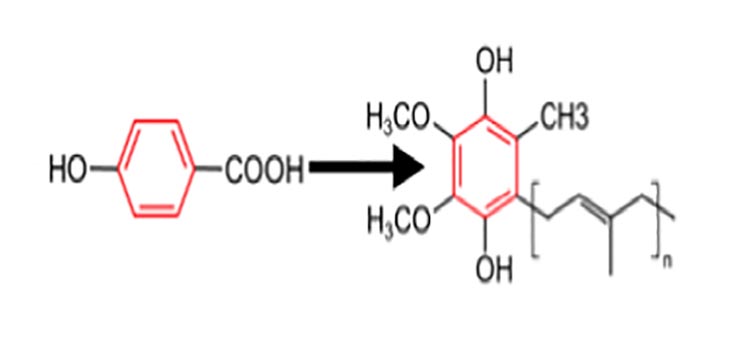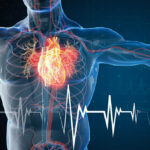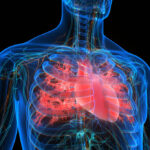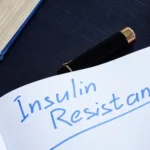
Molecular Hydrogen ATP & Energy
A new insight into the molecular hydrogen effect on coenzyme Q and mitochondrial function of rats Abstract Mitochondria are the major source of cellular energy metabolism. In the cardiac cells, mitochondria produce by way of the oxidative phosphorylation more than 90% of the energy supply in the form of ATP, which is utilized in many ATP-dependent processes, like cycling of the contractile proteins or maintaining ion gradients. Reactive oxygen species (ROS) are by-products of cellular metabolism and their levels are controlled by intracellular antioxidant systems. Imbalance between ROS and the antioxidant defense leads to oxidative stress and oxidative changes to






